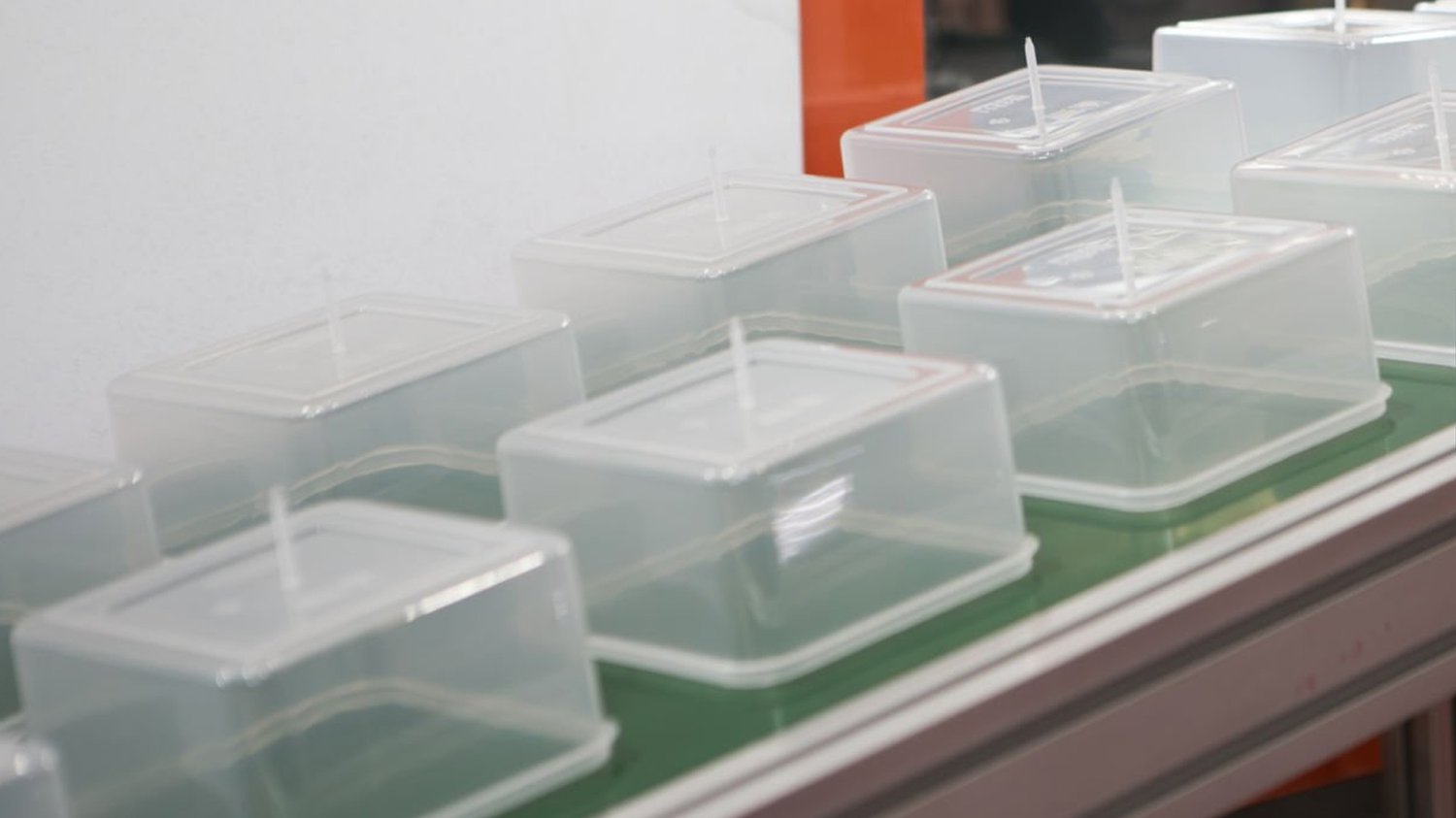Introduction: The Expanding World of Injection Molding
Injection molding has come a long way since its inception in the late 1800s, when a hand-operated machine first injected celluloid into a mold. This manufacturing method has transformed many industries, including automotive, medical, and aerospace, to name a few. In this article, we will explore the Future Trends in Injection Molding that will shape the industry in the coming years.
Increasing Use of 3D Printing for Prototyping
3D printing allows injection molding companies to create a prototype before investing in expensive molds. This technology can rapidly produce plastic parts with complex geometries and provides a cost-effective way to test different designs. Expect the use of 3D printing for prototyping to increase in the future.
Advances in Material Science
The advent of new materials, such as biodegradable plastics, nanocomposites, and high-performance thermoplastics has expanded the capabilities of injection molding. These materials offer improved strength, durability, and functionality, as well as environmental benefits. Material science will continue to drive innovation in the field.
Automation and Robotics
With the increasing demand for high-volume production, automation and robotics will play a more significant role in injection molding. Robotic systems can perform tasks that are dangerous or repetitive, resulting in a safer and more efficient work environment. Automation and robotics will also reduce manufacturing costs and increase productivity.
Smart Manufacturing and IoT
IoT (Internet of Things) enables manufacturers to track the production process and collect data in real-time. This data can be used to improve efficiency, reduce waste, and enhance product quality. Smart manufacturing, which integrates IoT, big data, and cloud computing, will enable injection molding companies to optimize their operations and enhance competitiveness.
Industry 4.0 and Digitalization
Industry 4.0 refers to the fourth industrial revolution, which involves the integration of digital technologies into manufacturing. The use of sensors, AI, and machine learning will drive innovation in injection molding. Digitalization will enable companies to create smart factories, improve supply chain management, and implement predictive maintenance.
Customization and Personalization
With the rise of e-commerce, consumers are demanding more customization and personalization in their products. Injection molding can meet these demands by creating unique designs for each customer. Expect injection molding companies to invest in technology that enables mass customization and personalization of consumer goods.
Globalization and Outsourcing
The injection molding market is becoming increasingly global, with companies outsourcing their manufacturing to lower-cost regions such as Asia. This trend is driven by the need for lower labor costs, government incentives, and proximity to emerging markets. Expect the globalization of injection molding to continue in the future.
Eco-Friendly Manufacturing
As the world becomes more environmentally conscious, injection molding companies are investing in sustainable manufacturing processes. Technologies such as biodegradable plastics, recycling, and reusing waste materials are becoming more prevalent. Expect eco-friendly manufacturing to be a driving force in the future of injection molding.
Collaboration and Partnerships
The injection molding industry is becoming more collaborative, with companies partnering with suppliers, customers, and even competitors. These partnerships enable companies to share resources, ideas, and technologies, resulting in improved innovation and competitiveness.
Custom Manufacturing
The future of injection molding will be focused on custom manufacturing. The ability to rapidly produce low-volume, high-complexity parts will be increasingly in demand. Custom manufacturing will enable injection molding companies to meet the unique needs of each customer and expand their business opportunities.

